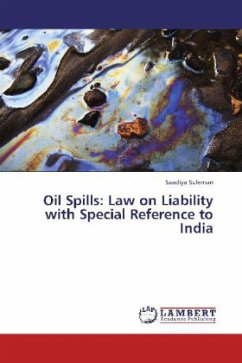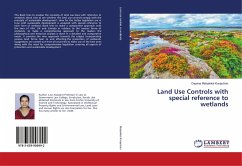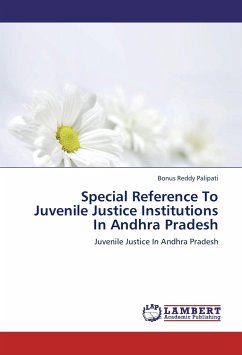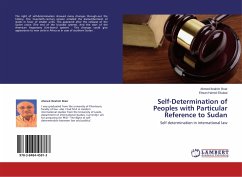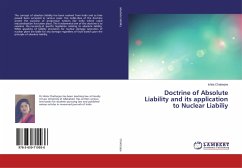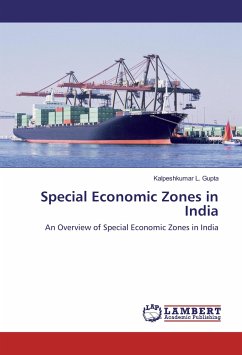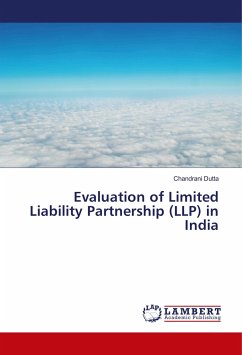Accidental pollution of sea by oil is inevitable. It is the price mankind has to pay for the benefits of an industrial society. Now the big question arises as to who is to be held liable for accidents that lead to catastrophic effects on the marine environment? Civil liability for oil pollution has been the subject of international conventions for decades. Principles governing the law on oil pollution are strict liability, channeling of liability, and caps on liability limit. The issue arises as to the propriety of capping the liability limits in case of an oil spill where the implications of one incident are catastrophic, costs involved in the cleanup are massive and the damage caused to the natural resources and private parties is enormous. India with its vast coastline is susceptible to oil pollution by accidents and in the wake of recent incidents it has become imperative to analyze the Indian scheme of laws governing oil spills. This work is a small attempt to analyze whether Indian laws governing oil spills are appropriate enough to meet the challenges of claims arising by such an incident.

